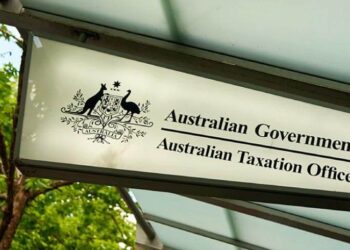It is possible for an SMSF to own vacant land for various purposes, such as a parking space for a business, farming land leased to a family business or for property development. But whether a tax deduction is available for expenses depends on the purpose and use of the property.
SuperConcepts executive technical manager Graeme Colley said that if the vacant land is used for genuine business purposes, the SMSF would be entitled to a tax deduction for expenses incurred in earning income or prospective income received from the land. This could include rates and taxes, repairs to gates and fencing, or other structures on the land such as roads.
“If the land is not genuinely held for income-earning purposes, tax deductions may not be available to the fund for any expenses relating to the vacant land,” he said.
“This could occur if the land is held with the intention that it be sold or developed at a later stage, for example, if it is held for ‘land banking’. Generally, expenses for these purposes are added to the cost base of the property for capital gains tax purposes.”
Whether an SMSF holds vacant land for future income-earning purposes, however, is a contentious issue with the ATO because of the limited information that may be available to establish the real purpose for acquiring the land, according to Mr Colley.
Since 1 July 2019, the tax legislation prevents deductions for expenses incurred by an SMSF, as well as other taxpayers, for expenses relating to vacant land which is not held for income-earning purposes.
“The legislation provides exceptions and allows deductions for expenses where the vacant land is used to carry on a business by a related party, or the land is used in a business of leasing where an unrelated third party is involved,” he noted.
“As a result, the legislation applies to vacant land where there are no permanent structures erected on that land; however, it may include fences and walls as part of the property, as an example.”
In an example provided, the Nguyen Family Super Fund, an SMSF, owns a block of land on which the trustees intend to build a rental property. The block of land is fenced and has a large retaining wall, but it currently doesn’t include any permanent structure.
As there is no permanent structure on the land, Mr Colley noted the fund cannot deduct any holding costs for the land.
Meanwhile, consider The Crown Family Super Fund, an SMSF, owns vacant land which is rented to the son of a fund member who uses it in his farming business.
“As the son is carrying on a business to earn assessable income and is a related party (spouses, children under 18 years old, affiliates and connected entities), the fund can deduct costs associated with the SMSF owning the land,” Mr Colley explained.


